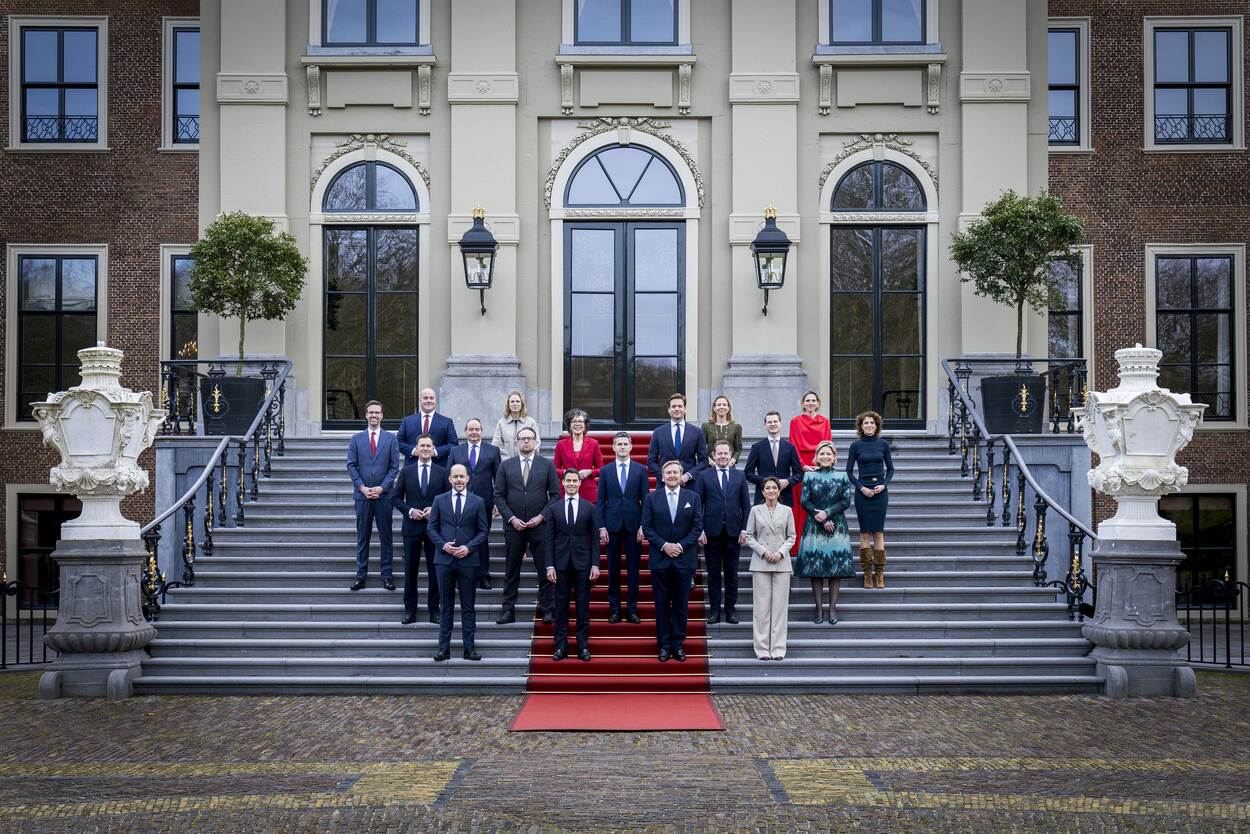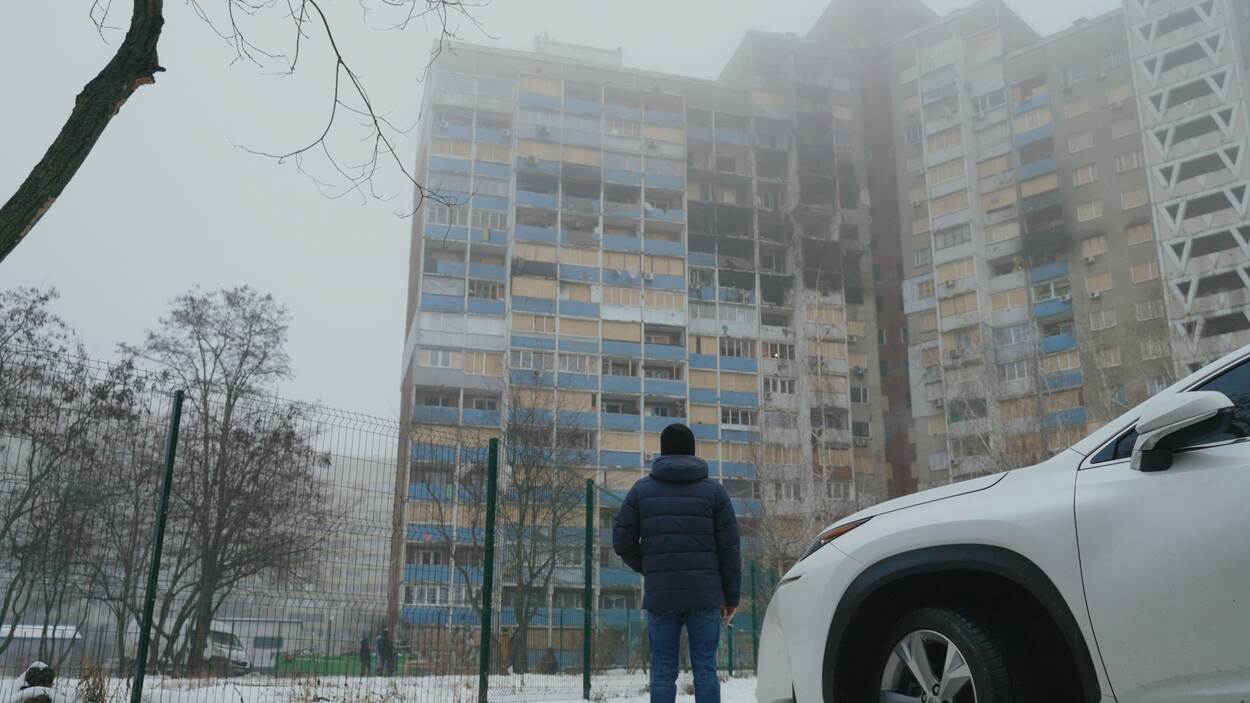Government explores options to avoid undermining right to demonstrate
The constitutional freedom to demonstrate is a fundamental right and an important part of our democratic society. Ministers van Weel (Justice and Security) and Uitermark (Interior and Kingdom Relations) stress the importance of this freedom, which is widely supported in the Netherlands, in a letter sent to the House of Representatives today. Demonstrations are allowed to ruffle a few feathers, but the understanding stops when a line is crossed. How do we guarantee the right to demonstrate for everyone when a small group misbehaves? It is this dilemma that the ministers want to expose.
Study
To be able to actually take faster, more effective and targeted action against deliberately disruptive actions that involve violations of the law, and thus also maintain public support for demonstrations, the government wants to distinguish more sharply between peaceful protests and actions that disrupt public order. The study being conducted via the Scientific Research and Documentation Centre (WODC) announced earlier is expected to help make a sharper distinction. The results of this study are expected in summer 2025.
Exploratory survey on ban on face-covering clothing
Also, in parallel to this survey, the government will already take steps to address issues surrounding demonstrations. For instance, during the first quarter of 2025, a legal ban on face-covering clothing at demonstrations will be explored. Indeed, there have been a number of demonstrations where rioters wearing face-covering clothes have broken the law, for example by destroying property or committing violence. Face-covering clothing can make it more difficult to track down these rioters afterwards.
Pressure on capacity of police and Public Prosecution Service
The total number of demonstrations in the Netherlands more than tripled between 2015 and 2022. Police deployment at demonstrations has also increased by 84% since 2017. The chief of police has indicated urgently that this deployment is putting heavy pressure on the police organisation. The Public Prosecution Service, too, is making ever sharper choices to ease the criminal justice chain. One is that, in principle, the Public Prosecution Service does not institute criminal proceedings for a violation of the Public Assemblies Act, partly because practice shows that judges usually impose low or no sentences for the relatively minor offences committed in relation to a peaceful demonstration.
Crimes such as vandalism, threats, (group) defamation, discrimination or arson are, in principle, criminally prosecuted. Multiple consecutive offences can also be prosecuted. This is possible only if detained protesters are registered. This is now done to a limited extent because protesters sometimes do not carry ID and registration takes a lot of police capacity. The government will discuss with police and the Public Prosecution Service whether additional actions are needed to prosecute criminal behaviour more than at present.
Online calls
Public order disturbances incited online are a relatively new problem. These are physical disturbances or threatened disturbances which start online or are amplified online. Think of the online calls for people to rise up during the corona-era curfew riots and an out-of-control giveaway at a shopping centre, as well as calls for people to block motorways.
Preventing the posting of utterances online affects the constitutional freedom of expression (the prohibition of censorship). Reactive action because of the content of an utterance is possible, however; take, for example, prosecution for incitement. In addition, the aim is to have such utterances taken offline as soon as possible and to punish the persons posting them more often and faster.
The minister for Justice and Security is therefore preparing a legislative proposal to improve the information position of police around public order enforcement. In the first half of this year, a legislative proposal will be submitted for consultation regulating the power to systematically collect information in publicly accessible online sources. At the same time, the possibility of giving the police access to private app and chat groups as part of public order enforcement is being worked hard on, as requested by MP Yeşilgöz-Zegerius in her motion.
Staying engaged
In addition, the Ministries of Interior and Kingdom Relations and Justice and Security continue to engage with various stakeholders such as municipalities, police, civil society organisations and protester advocacy groups. This dialogue is essential to strike the balance between protecting the right to demonstrate and tackling the small group that misbehaves. By working with all stakeholders, the government aims to achieve a broadly supported approach that both allows for peaceful demonstrations and contributes to a safe and orderly society.
Originally published at https://www.government.nl/latest/news/2025/01/10/government-explores-options-to-avoid-undermining-right-to-demonstrate





